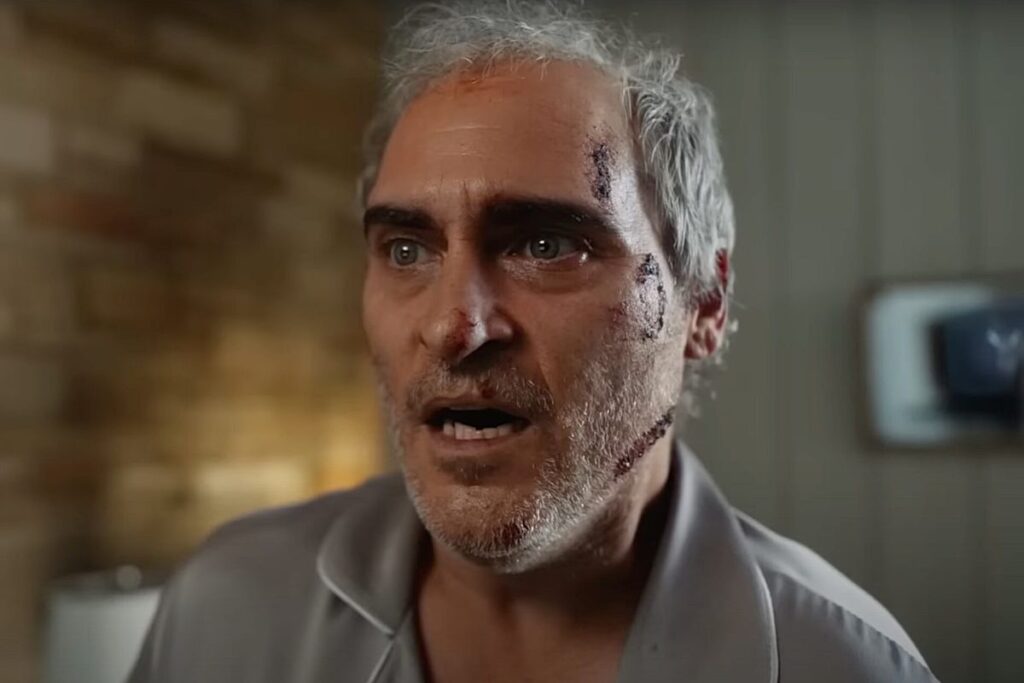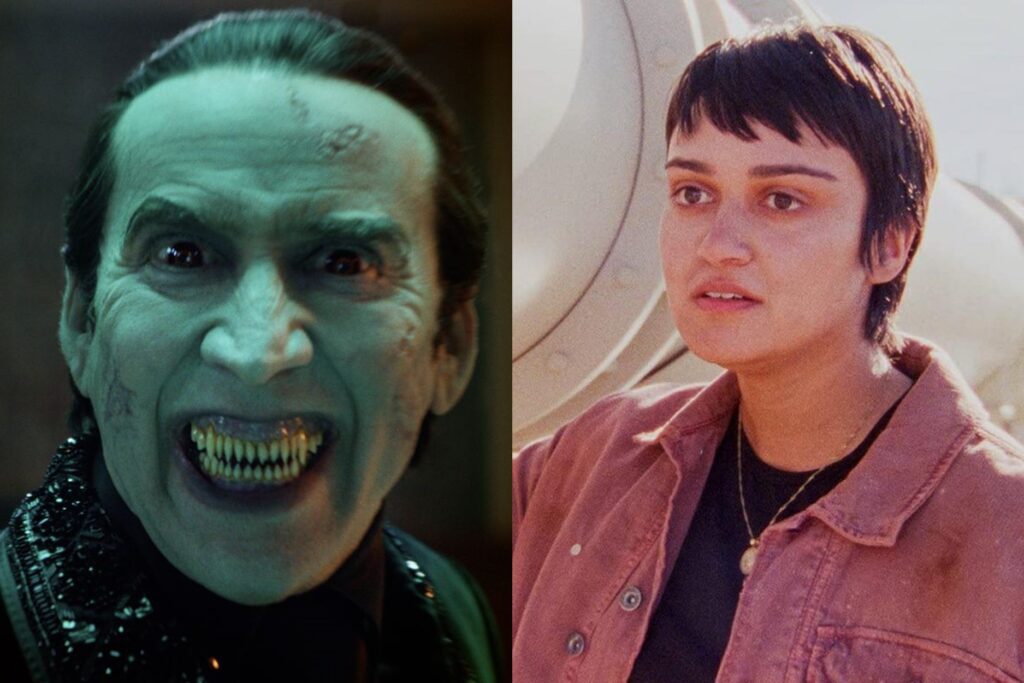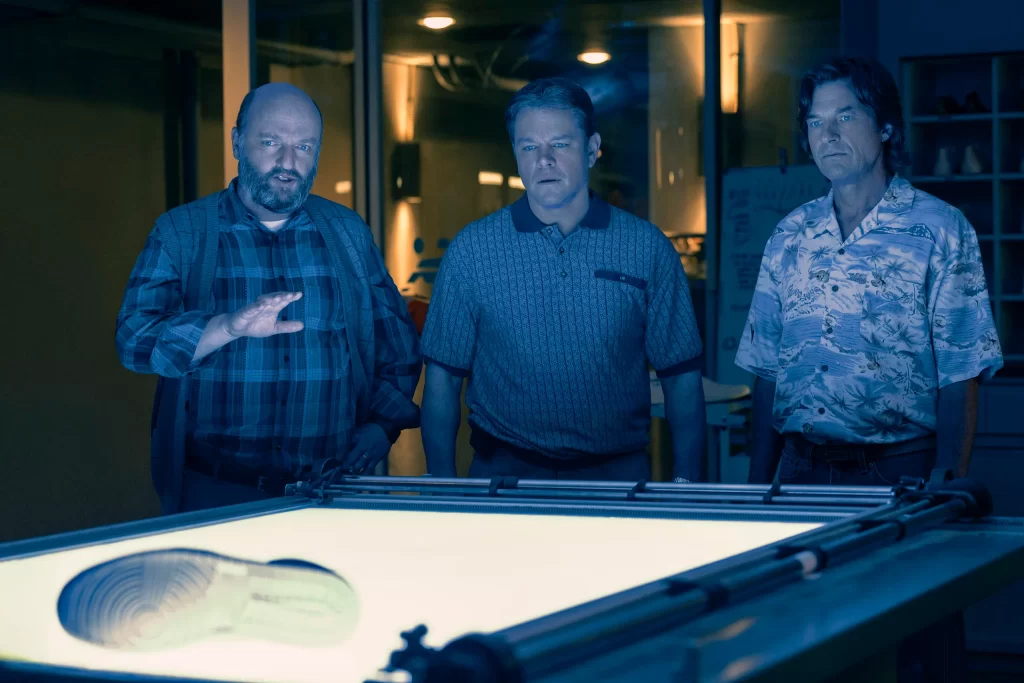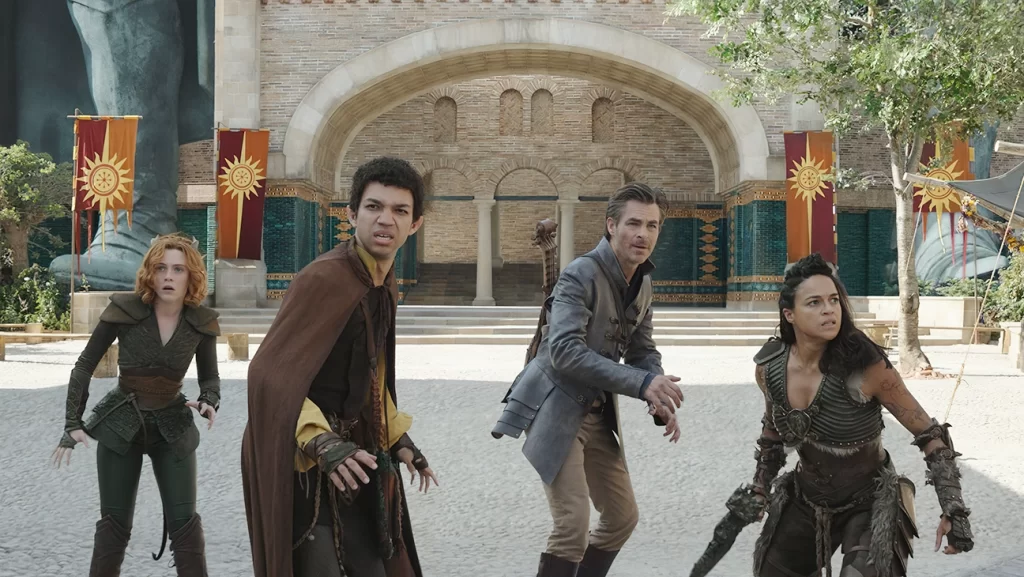Are You There God? It’s Me, Margaret: Girlhood Is Hard, Period
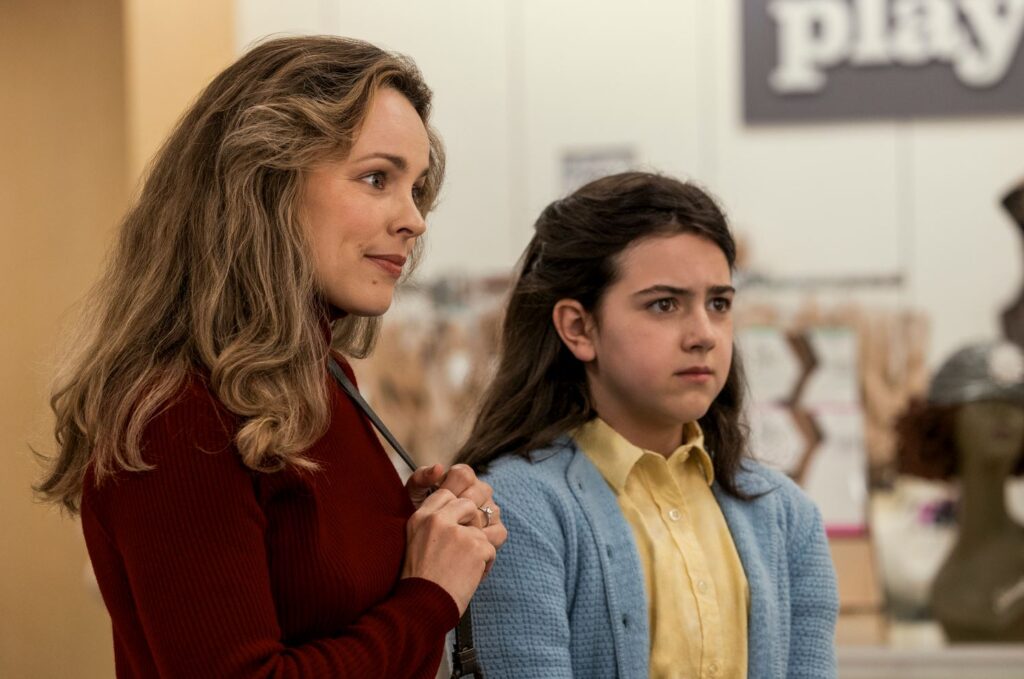
It is the nature of children to want things: a shiny new toy, an extra scoop of ice cream, a different body. Kids aren’t selfish because they’re rotten; they’re selfish because they’re kids. So as childish requests go, 11-year-old Margaret’s first prayer to the almighty—“Please don’t let New Jersey be too horrible”—is awfully modest. It’s also evidence that she’s a sweetheart, and Are You There God? It’s Me, Margaret—Kelly Fremon Craig’s nimble adaptation of the beloved Judy Blume novel—honors her decency without really complicating it. It’s a nice movie about a nice girl with nice parents, which means that, depending on your perspective, it might feel like either a memoir or a fantasy.
As a boy who grew up in the ’90s—my own pleas to an unspecified deity tended to revolve around the Super Nintendo—I can’t pretend to fully relate to the challenges of a prepubescent girl in the ’70s, but I can still appreciate the skill and care with which Fremon Craig has translated Blume’s book to the screen. Yet because my own youthful immaturity never subsided as I ventured into adulthood, I can also grumble that, while the film smoothly sketches the genre’s most durable tropes—the awkward parties, the confusing crushes, the desperate attempts to fit in—it doesn’t always flesh out its characters. It’s an enjoyable time capsule of childhood helplessness that strangely lets its adult viewers off a little easy. Read More

